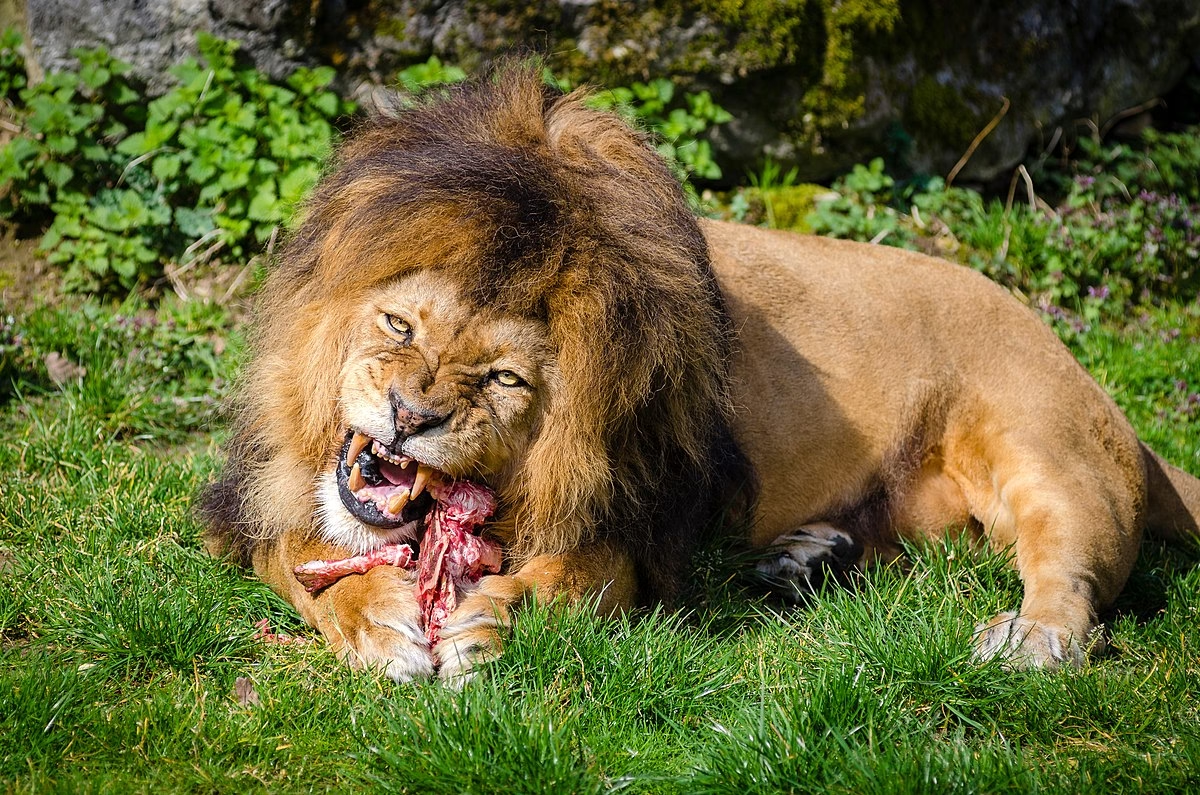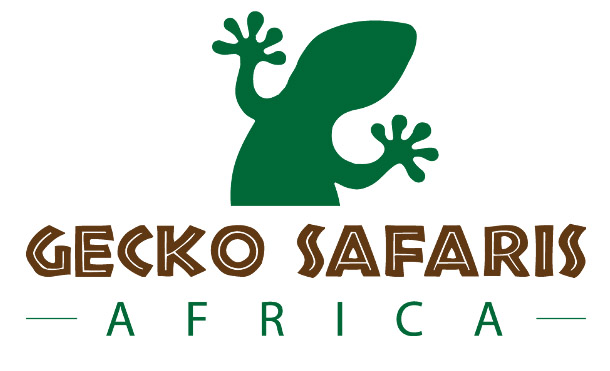The Ruaha Carnivore Project (RCP) is a pioneering conservation initiative dedicated to protecting lions and other large carnivores in the Ruaha landscape of southern Tanzania. With a focus on reducing human-wildlife conflict, engaging local communities, and using cutting-edge research, the RCP is transforming the future of lions in one of Africa’s most vital ecosystems.

Understanding the Crisis
Ruaha National Park and its surrounding areas are home to one of the largest remaining lion populations in Africa. However, lions face severe threats from habitat loss, retaliatory killings by pastoralists, and dwindling prey populations. Tanzania holds nearly half of Africa’s remaining lions, making Ruaha a crucial stronghold for the species. Without immediate intervention, this iconic predator could face local extinction.
Community-Led Conservation
A key focus of the RCP is working alongside local communities to reduce conflict with lions and other carnivores. Many pastoralist communities in Ruaha kill lions in retaliation for livestock losses. To tackle this, the RCP introduced several innovative strategies:
- Livestock Protection Measures
The RCP provides practical tools such as reinforced bomas (livestock enclosures) to protect livestock from carnivore attacks. These enclosures are built with wire and other sturdy materials to deter predators, significantly reducing livestock losses. - Conservation Incentives
Through the “Living with Lions” program, communities earn benefits such as healthcare and education support in exchange for tolerating carnivores. Villages receive benefits proportional to the number of lions their area supports, creating a tangible incentive for coexistence. - Lion Defenders Program
The RCP recruits and trains local warriors, known as Lion Defenders, to protect lions instead of hunting them. These warriors track lions, monitor their movements, and work to prevent retaliatory killings. This approach builds pride in conservation and fosters a sense of ownership over lion protection.
Research and Monitoring
The RCP uses advanced research techniques to understand lion behavior and ecology. GPS collars and camera traps are used to track lion movements, identify high-conflict areas, and gather data that informs conservation strategies. Understanding where lions roam and why they come into conflict with humans helps tailor solutions to specific challenges.
Educating and Empowering Communities
Education is central to the RCP’s mission. The project runs programs to educate local children and adults about the ecological importance of lions and carnivores. Workshops, school visits, and wildlife clubs encourage a deeper understanding of conservation. Empowering communities to see lions as an asset rather than a threat is a game-changer in reducing conflict.
The Impact of the Ruaha Carnivore Project
The RCP’s initiatives have already shown promising results:
- Reduced Lion Killings: Retaliatory killings of lions have dropped significantly in areas where the RCP operates.
- Improved Livelihoods: Communities report improved healthcare, education, and infrastructure due to the benefits they receive from living alongside lions.
- Increased Awareness: Local attitudes towards carnivores are shifting, with many communities now taking pride in their role as stewards of Ruaha’s wildlife.
A Model for Future Conservation
The RCP’s holistic approach to lion conservation is a model for other regions facing similar challenges. By focusing on community needs and fostering coexistence, the project demonstrates that saving lions doesn’t have to come at the expense of human livelihoods.
How You Can Help
Conservation efforts need global support. Here’s how you can contribute:
- Donate to the Ruaha Carnivore Project to help fund their initiatives.
- Support ecotourism in Ruaha National Park, which directly benefits conservation.
- Spread awareness about the importance of lion conservation and the challenges they face.

